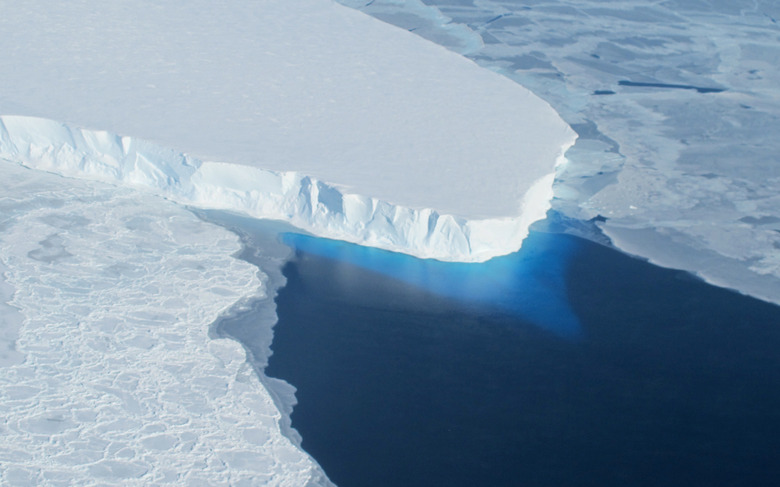Earth's Ice Is Melting Faster Than Ever Finds New "Worst-Case" Climate Study
Global levels of melting ice are reaching the worst-case scenarios of climate change, scientists have warned, with groundbreaking new research suggesting the situation is only getting worse. While the impact of rising atmospheric temperatures has been widespread, its contribution to melting glaciers around the world is arguably the biggest concern, given the potential for dramatically rising sea levels.
Actually tracking those ice melt changes, however, has only really been practical in widespread terms more recently. That's when an increase in satellites – and affordable satellite imagery – have made taking an ongoing bird's eye view more of a possibility.
It's that which a team led by the University of Leeds along with the University of Edinburgh, University College London, and data science specialists Earthwave have taken advantage of. Billed as the first study of its kind to examine all ice loss around Earth, using satellite observations for its data source, it reached a grim conclusion. Findings were published in journal "The Cryosphere" this month.
"Although every region we studied lost ice, losses from the Antarctic and Greenland ice sheets have accelerated the most," Dr Thomas Slater, a Research Fellow at Leeds' Centre for Polar Observation and Modelling, and lead author on the study, says. "The ice sheets are now following the worst-case climate warming scenarios set out by the Intergovernmental Panel on Climate Change. Sea-level rise on this scale will have very serious impacts on coastal communities this century."

The research focused on 215,000 mountain glaciers, along with the polar ice sheets in Greenland and Antarctica, and the ice shelves floating around Antarctica. It also included sea ice drifting in the Arctic and Southern Oceans.
Earth lost more than 30 trillion tons of ice between 1994 and 2017, the researchers found. Arguably more ominous, the rate of loss has surged within the past 30 years. Melt pace was around 1.65x faster in 2017 compared to the rate in the 1990s.
In the 23 years of data the study covered, Arctic Sea ice saw melting equal to 8.4 trillion tons, while the Antarctic ice shelves saw 7.2 trillion tons of ice loss.
Adding to the complexity, different types of melting ice have different impacts on the planet. Sea ice, for example, isn't associated necessarily to direct changes in sea level. However it can reduce the amount of solar radiation reflected back into space, and thus contribute to rising Arctic temperatures. That makes glacier and ice sheet melt run faster.
Back in September 2020, a study led by NASA warned that unchecked greenhouse gas emissions could spawn a 15+ inch rise in sea levels by 2100. That would lead to dramatic flooding in coastal regions, as well as potential shortages of freshwater.
